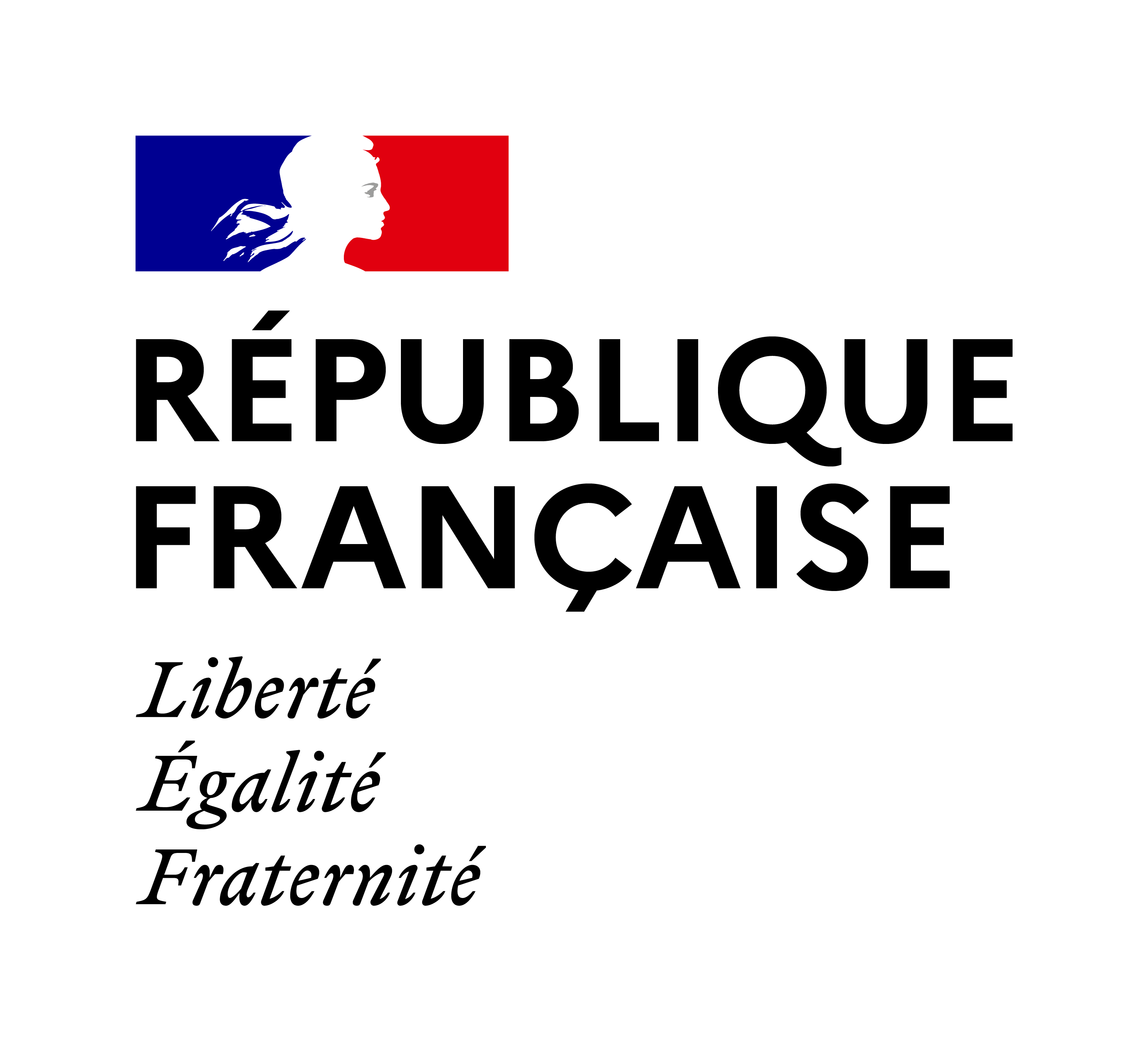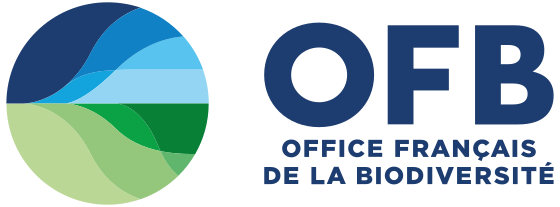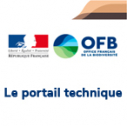Offsetting CO2 emissions and adapting with nature-based solutions
The Carbocage project enables companies and local authorities to contribute to a hedgerow project while offsetting their greenhouse gas emissions.
Hedgerows are carbon sinks capable of offsetting some of the greenhouse gas emissions linked to human activities. In fact, 1 km of hedgerows can store up to 3 tonnes of CO2 per year.
In Pays-de-la-Loire, the Solenat association runs the Carbocage project, which enables private and public players to offset their CO2 emissions by contributing to a hedgerow planting or management project.
With the help of an advisor, volunteer farmers draw up an initial diagnosis and implement a management plan to make the most of the carbon stored by the hedges. This management plan sets out the work to be carried out to optimize carbon sequestration and sustainability.
In addition to carbon remuneration, the projects enable farmers to discuss and improve their practices. Currently, 11 farms are part of this program.
In 2021, the French Biodiversity Agency offset the CO2 emissions linked to the organization of the "People's University of Biodiversity", by helping to finance the Carbocage project in the Mauges region of Maine-et-Loire (49).
Hedges to adapt to climate change
For farmers, hedgerows also represent an important lever for implementing solutions to adapt to climate change.
They create cooler micro-climates and shade (for the well-being of animals, for example), limit the effect of wind, shelter crop auxiliaries, supplement fodder, retain water and thus limit erosion and infiltrate water into the soil.
Relying on ecosystem functioning to meet the challenge of adapting to climate change, while at the same time achieving a net gain in biodiversity, is the main objective of Nature-based Adaptation Solutions (NbS).
The integrated LIFE program ARTISAN, led by OFB, aims to demonstrate and enhance the potential of these actions. In particular, it includes agricultural pilot sites which are monitored by means of indicators to provide quantified arguments for project leaders wishing to develop these NbS.




